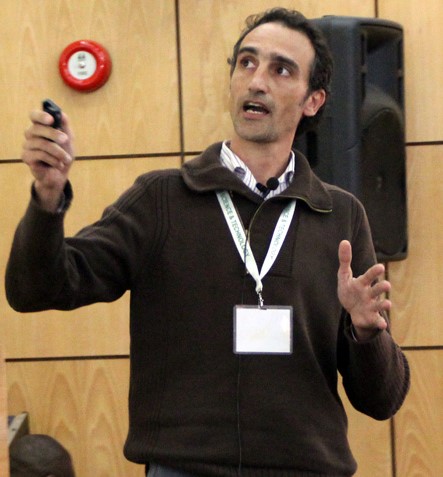A new report has indicated that one-third of tropical timber traded globally comes from illegal deforestation.

The significant number stems from an increase of timber traded on domestic markets, which are less regulated and strict than international, export-oriented markets.
More than 40 renowned scientists from around the world, including scientists from the Centre for International Forestry Research (CIFOR), produced the authoritative report, which was launched at the Conference of the Convention on Biological Diversity (COP13) in Cancun, Mexico last month.
The study was coordinated by the International Union of Forest Research Organisations (IUFRO) on behalf of the Collaborative Partnership on Forests (CPF).
“Forestry crime including corporate crimes and illegal logging account for up to $152 billion every year, more than all official development aid combined,” said Erik Solheim, Head of the UN Environment Programme (UNEP), one of the partner organisations supporting the assessment.
“Illegal logging is complex. Before measures can be taken to curb it, preliminary work is needed to further assess the activity’s causes, complex dynamics, impacts and trade-offs. This was the mission behind our report,” said Paolo Cerutti, one of the study’s key authors and a scientist at CIFOR.
Read more about the assessment can be read here, while the report can be downloaded here.
Researchers found that bilateral trade agreements between producer and consumer countries – like the European Union’s Forest Law Enforcement, Governance and Trade Action Plan (FLEGT) – have prompted shifts in the timber trade from industrial export-oriented markets to small-scale logging operations for the domestic market.
This pattern can be readily observed in Cameroon, Africa’s largest exporter of tropical hardwood to the EU. Due to a lack of government regulation concerning the domestic wood sector, almost half of the country’s timber is sold on the black market.

Due to negligence of various government attitude towards natural habitats, the trees that help checkmate climate change and erosion where Under threat.